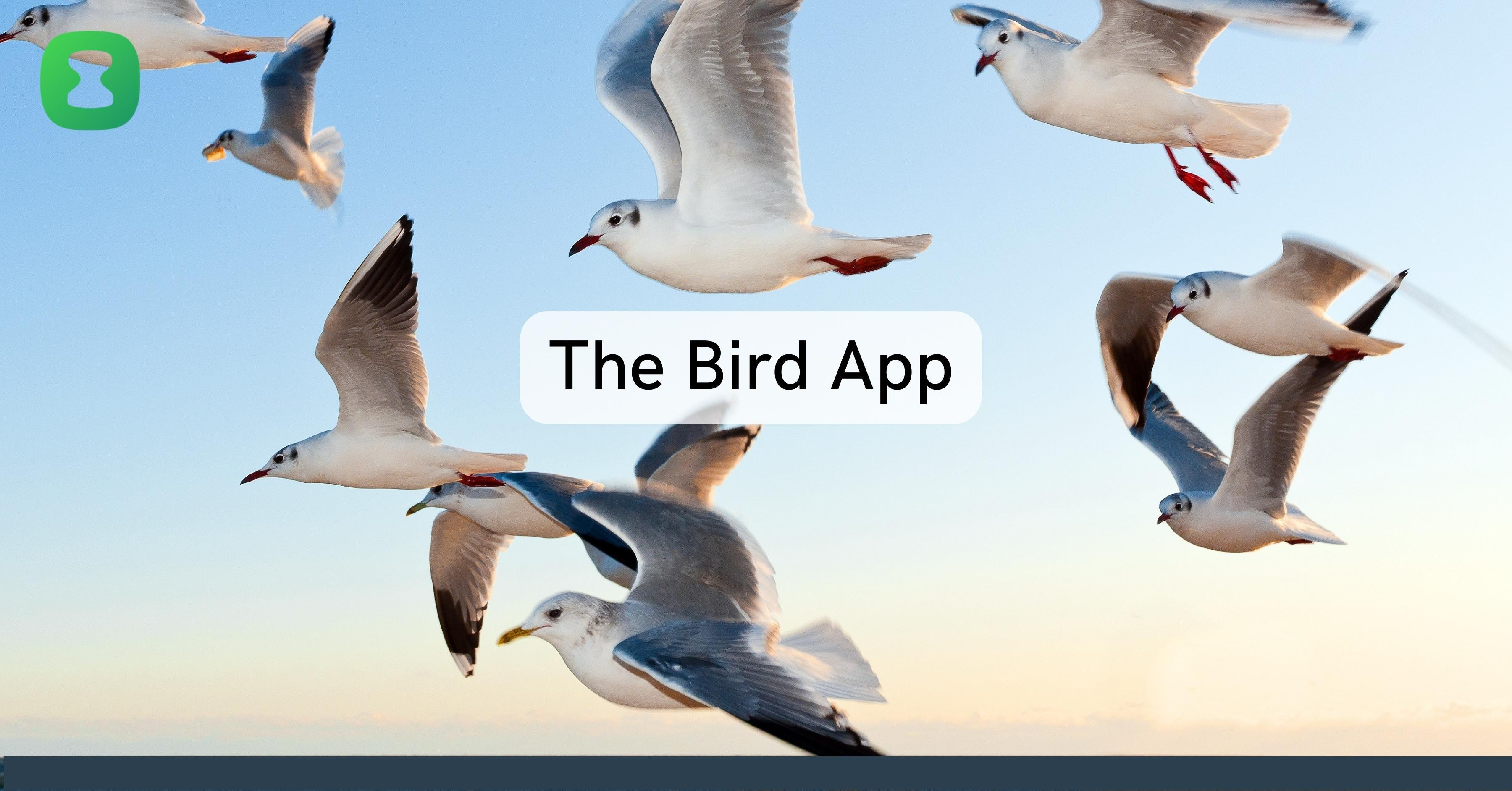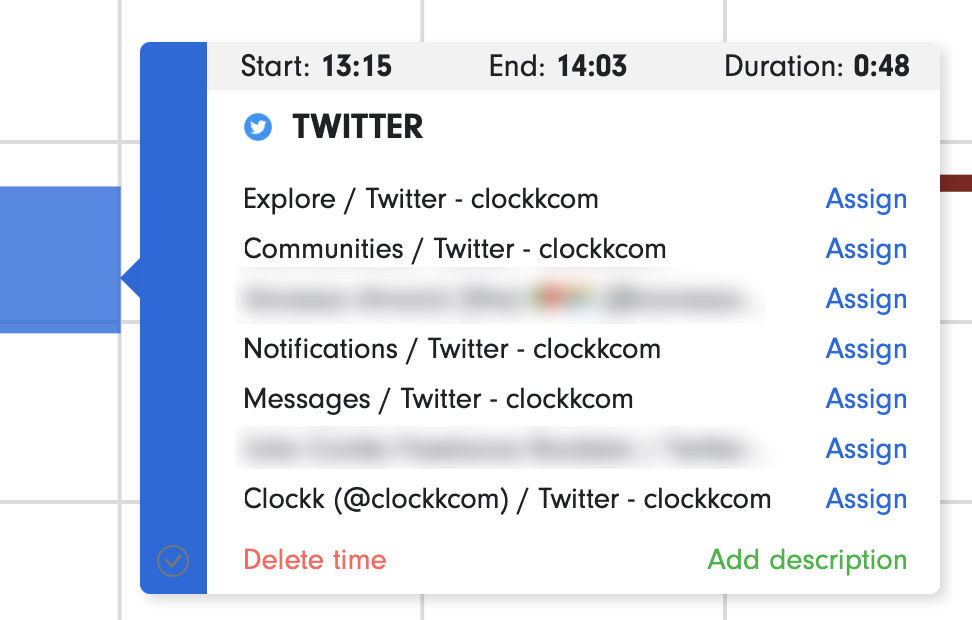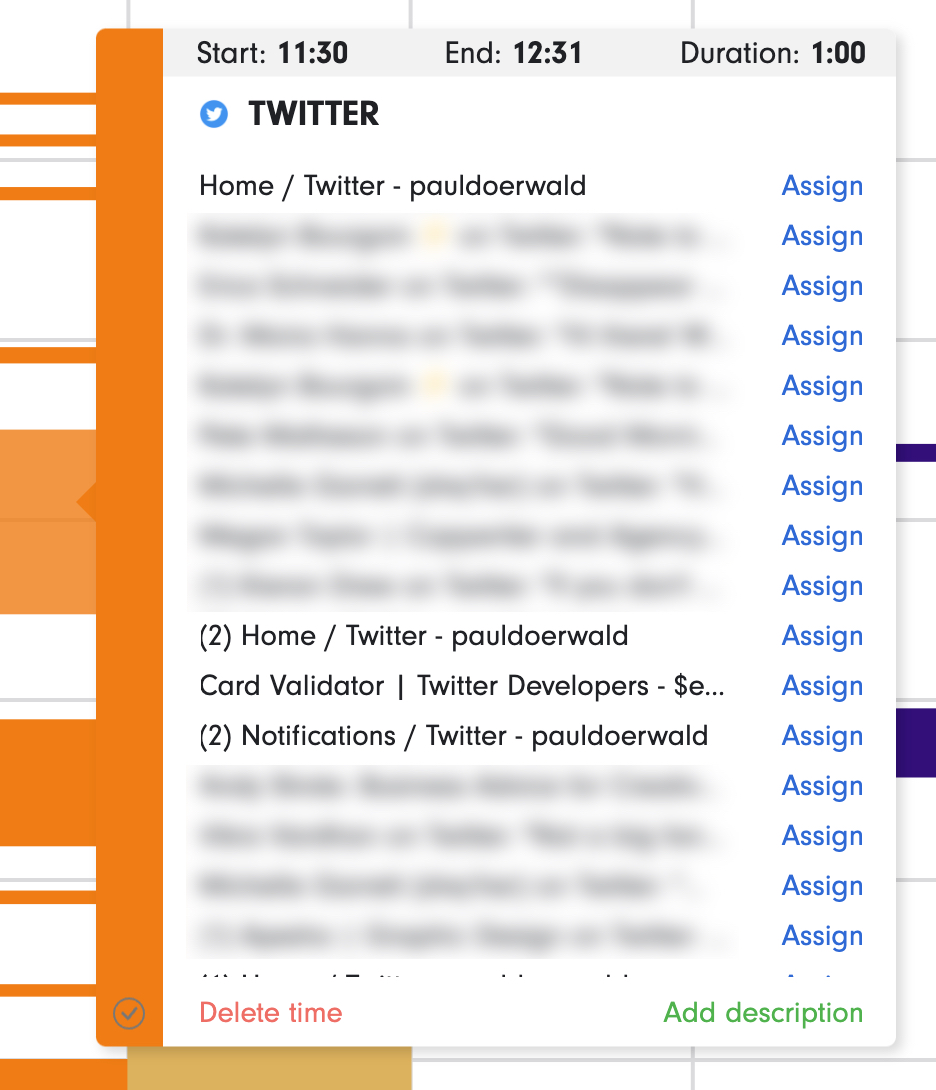The Bird App
Paul Doerwald • November 15, 2022

Elon Musk’s purchase of Twitter has caused hand wringing and armchair speculation. People are talking about "Flying the coop" from "The Bird App" to other social media platforms.
The economics of the Twitter sale
In 2020, Twitter lost $1.1 billion dollars. In 2021 that loss narrowed to $221 million on $5.08 billion in revenue.
Musk bought $5 billion in revenue and 200 million users for $44 billion. That’s 8x revenue and $0.45/user. He put in $33 billion dollars of his own money and owes $1 billion/year in interest on $13 billion in loans.
As an outspoken individual and prolific tweeter, Musk has shared his plans. In the short term, he intends to monetizing its user base with $8 Twitter Blue. His long-term goal is building “X”, an everything app modeled after China’s ubiquitous WeChat. He believes that with his changes, Twitter will have 900M users and $26 billion revenue by 2028.
Will he be successful at achieving his aims?
Given that he tried to back out of the purchase soon after announcing it, I suspect he got cold feet. He took on tremendous personal risk and debt for little present-day value.
Musk is an undisciplined visionary
Arguably, this generation’s wealthiest business leaders are visionaries. Bill Gates pictured a computer in every home, running Windows. Steve Jobs on his intuition alone launched 3 industry-changing products (Apple Macintosh, iPod, iPhone). Jeff Bezos envisioned an everything store. Amazon suffered 9 years of losses before the thinnest of profits.
Musk as a visionary is no outlier. Paypal, Tesla, SpaceX, and even The Boring Company are all visionary products.
What sets these men apart is that Gates, Jobs and Bezos are utterly disciplined. Musk is completely undisciplined. He is a maverick.
His lack of discipline is both what got him the success he enjoys today, but it also got him the helm of Twitter. It is a dubious prize.
Kayvan Moghaddassi, Business Growth and Collaboration expert, suggests Musk actually knows what he’s doing. What’s different is that he’s building Twitter in public:
“One person making reactionary and uninformed decisions that will have such a huge impact on a loyal user base isn’t a great idea. But I can’t believe for a second that someone as successful as Musk is just wading in there and making such huge changes without consulting the best people within the business. Perhaps he’s doing exactly what’s needed in terms of making big changes, rapidly addressing issues and iterating on features and initiatives… He just happens to be doing a lot of this very publicly, which we’re not really accustomed to seeing.”
-Kayvan Moghaddassi
But not all is right with Musk’s approach. Moghaddassi would recommend to Musk that he lose the ego and involve (rather than fire) his team in the strategy.
Will lightning strike again? Will he turn Twitter into a runaway success? Or will his lack of discipline cost him his wealth and reputation?
Will this be the end of Musk?
Short answer: probably not. His personal wealth was at $220 billion, so his $33 billion spend on Twitter still leaves a lot of money left over.
Long answer: maybe. As with most wealthy people, Musk’s wealth isn’t in cash, but rather in the value of the shares he owns in his company. Unlike investments in the stock market at large, ownership in your own company is not very liquid. Although there is always a buyer, your shares decrease in value quickly, the more of them you sell.
Musk only needs another $12-15 billion to pay out his debtors and investors. From his stash of $220 billion, the difference should be easy to find.
However, Musk is arguably suffering reputational loss. Twitter is very important to its users, and he is whipping it into a frenzy as he tries (and un-tries) ideas.
Will this be the end of Twitter?
Since Musk’s acquisition, people and advertisers have been leaving or threatening to “fly the coop”.
Musk’s erratic behaviour and openness to “free speech” has cost him advertiser dollars. Large corporations buy advertisements conservatively. Right now, Twitter is not a safe space for them. Fortunately, when the dust settles, the advertisers will return. If Musk is able to create new value in Twitter, advertisers may even return with more dollars.
Increasing the price and promise of Twitter Blue is an inspired idea. $8 (or even $20) per month is a price people will pay to distinguish themselves from bots and non-professional users. Ben Putano, founder of book publisher Damn Gravity writes:
“I think Elon is someone who thrives in chaos, so briefly turning Twitter into a hellscape is right in his comfort zone. Twitter isn't going away, and expanding Twitter Blue into a useful membership is actually a good idea. I agree with Marques Brownlee (@MKBHD) who suggested Twitter Blue should become a suite of creator tools to boost content and support their top users.”
Dylan Redekop, Newsletter Strategist has a somewhat more pessimistic view. He rightly asserts that “if you’re building an audience on Twitter, beware” because “[you] don’t own [your] social media audience”. He argues — and this is good advice whether Twitter is imploding or not — that you should have your own newsletter so you own your email list.
Although many users are threatening to leave, they won’t actually go unless the core value of Twitter changes. Entrepreneurs use Twitter to build an audience for their product. As long as the ability to build and engage with that audience remains, so will the users.
Opportunities for Twitter under Musk
Musk’s “X — the everything app” is misguided. I don’t think consumers want an “everything” app. At Clockk, we believe consumers prefer best-of-breed software to monolithic “jack of all trades, master of none” software. Like Mark Zuckerberg’s pursuit of the “metaverse”, I suspect any steps Musk takes toward “X” will end in failure. (I suspect the “metaverse” will fail too, but that’s another blog post).
I also believe Musk was right to lay off 50% of Twitter’s staff. From everything I’ve read, Twitter had far too many employees for the value they generated. From an economic perspective, letting go of some staff can turn loss into profit. However, Musk could have been more disciplined about the firing. The metrics he used to decide whether someone stays or goes were senseless and reckless. Although in keeping for a megalomaniac, they were not the hallmark of a competent manager.
As Ben pointed out above, there is opportunity for new revenue inside Twitter. It took a boldness not present in Twitter’s old management to re-examine and monetize the value Twitter brings its users.
Conclusion
Elon Musk is creating a lot of chaos. At some point the dust will settle. He will either have created a better Twitter, or he will give up and will sell a somewhat diminished Twitter at a discounted price. He will not drive Twitter into the ground. He will sell the company again long before that happens.
As you’ve no doubt gathered, at Clockk we’re not ready to give up on Twitter yet. I am optimistic that Twitter will come out more capable, profitable, and sustainable.
We do a lot of our marketing on Twitter, which makes it a priority for us. Like us, a lot of our customers use Twitter every day for personal purposes as well as on behalf of their clients.
For users who run social media for multiple accounts, look at what Clockk can do:



Ready to save time and find unbilled hours? Get Started